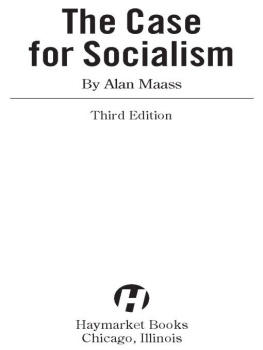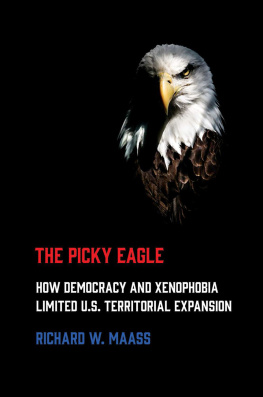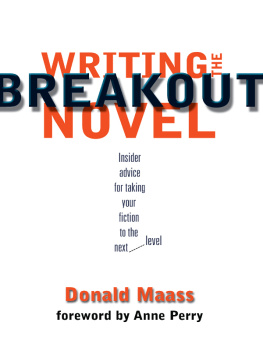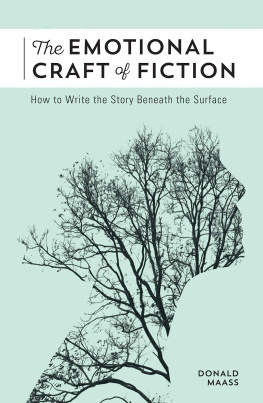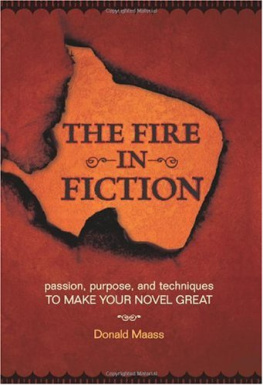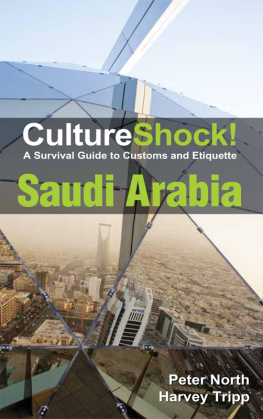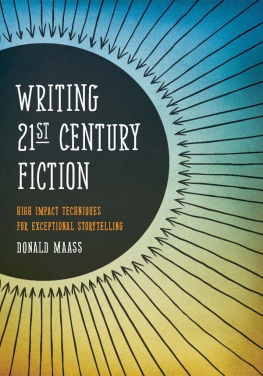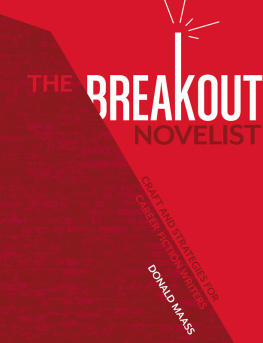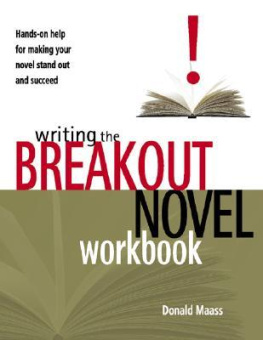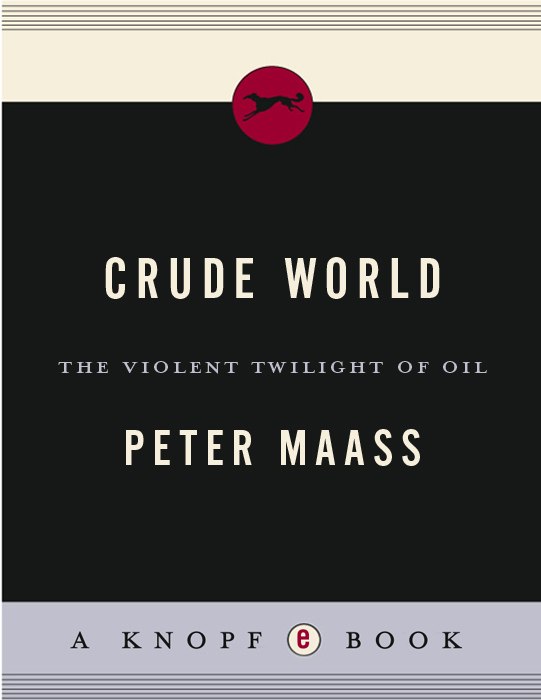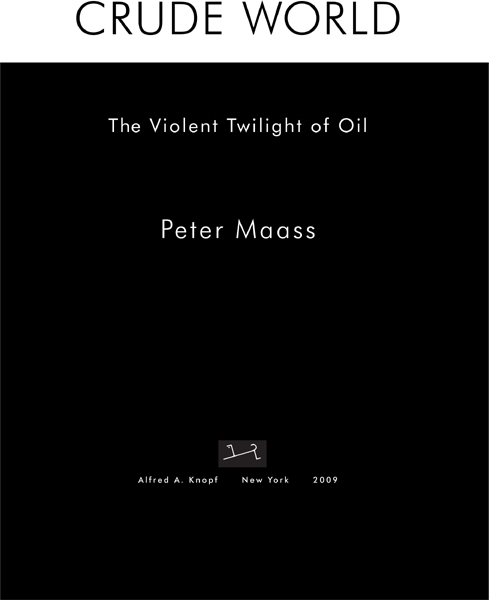The meek shall inherit the Earth, but not the mineral rights.
J. PAUL GETTY
Oil was everywhere. It was buried under deserts to the north and south of me, in delectable reservoirs measured in the billions of barrels. Inches away, it fueled the engine that spewed warm exhaust in my face, making my skin smell of diesel. Oil even permeated the minds of the men who jostled around me, talking and shouting in a plaza where the fountains had no water and the grass was not green and the violence was panoramic.
One of the ironies of oil-rich countries is that most are not rich, that their oil brings trouble rather than prosperity. From where I stood, I could literally see this. The forlorn plaza, whose name, translated into English, meant Paradise, had once been a pleasant spot to pause amid sculptures of martial greatness; slats of shade were cast by concrete columns arrayed around the statue of a leader whose right arm pointed ahead. Repose had been enjoyed on this patch of earth, but it would not be on this day.
It was April 9, 2003. The invasion of Iraq had culminated in Baghdad with American marines taking control of Firdos Square and wrapping a metal chain around the statue of Saddam Hussein. Beamed across the globe, a series of images would become iconic: a broad-shouldered weight lifter pounding the base of the statue with a sledgehammer, a young marine swaddling an American flag over the statues head, and the edifice tumbling down and being swarmed by a handful of Iraqis, some using their shoes to slap the dictators inert face.
The diesel fumes in my face came from the marine vehicle pulling down the statue. I had jumped onto its flank and shouted questions at its plucked-from-obscurity crew. Corporal Edward Chin, who put the flag on Saddams head, was like a kid at his first carnival. Crazy, he yelled. Just crazy. I trotted behind the Iraqis dragging Saddams bronze head around the square and stood beside one of the parched fountains with Lieutenant Colonel Bryan McCoy, who commanded the troops; he carefully described the statues toppling as the Iraqi peoples idea. For weeks I had followed these marines to Baghdad in an odyssey of conquest that left a trail of bodies on the deserts and roads behind us, the intended as well as the collateral damage of warfare.
Had Americans marched on Baghdad for the sake of oil rather than democracy or weapons of mass destruction? A young European woman shouting at an exhausted marine in the square-turned-into-theater-of-war believed the answer was yes. She had stayed in Baghdad during the invasion as a human shield, and she called the marine an imperialist and a warmonger and nearly spat on his flak jacket. It seemed, in her confident fury, that she might strike him. The marine stared back at an assault no profane drill sergeant had prepared him for. Words could not settle this argument, and neither of the protagonists seemed to know what to do or why, really, they were there.
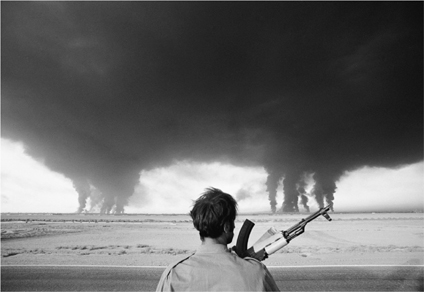
After an attack by Iraq, an Iranian soldier watches fires at the Abadan refinery in 1980.
As Saddams neck was fitted with its metal noose, I chatted with Samir, an Iraqi who said he had lived in America for several years. I feel good, he told me. Free at last, free at last. An hour later, someone shouted that Samir was a spy for the now-fugitive Saddam, and several men set upon him, as hounds to a fox. Kill him! they shouted, landing their blows. Bloodied and terrified, Samir was saved by a marine waving his Beretta at the mob and yelling, as though trying to persuade his unsure self, I cant allow this to happen!
The marine hadnt a clue who Samir was. Neither did I.
Baghdad, and the role oil played in the motives of its invaders, was not coming into focus in the first hours of what was supposed to be a clarifying triumph. True understanding, like oil itself, was buried somewhere. Donald Rumsfeld, who was the secretary of defense at the time, said the invasion had nothing to do with oil, literally nothing, and I knew this was false. Yet the contrary ideaIraq invaded only for oilwas not convincing. As the sun went down on Firdos Square, I could not articulate what we do for oil and what oil does for us.
Across the world, oil is invoked as a machine of destiny. Oil will make you rich, oil will make you poor, oil will bring war, oil will deliver peace, oil will define our world as much as the glaciers did in the Ice Age. If the inner workings of this machine are understood, perhaps an order will be revealed in the worlds disorder. But we are not talking about a contraption of pistons and gears that can be schematized in a precise way. We are presented with too many moving parts, too many clues that defy easy assemblage.
Heres one of them: I lived in Asia for several years and wondered, if oil was such a blessing to countries possessing it, how South Korea, which has no oil, became an economic tiger, as well as Japan, whose oil reserves are minuscule. Their prosperity in the last fifty years was in contrast to oil exporters like Iraq, Iran and Nigeria, which did not have the profiles of winners. Among their humiliations, the most absurd is that they have shortages of gasoline. They are examples of what economists call the resource curse, which posits that countries dependent on resource exportsespecially oil but also natural gas, diamonds and other mineralsare susceptible to lower growth, higher corruption, less freedom and more warfare. As the graffiti I saw on a pipeline in Ecuadors Amazon region stated, Ms Petrleo = Ms Pobrezamore oil equals more poverty. This seems counterintuitive, especially if prices rise beyond $100 a barrel, but prices vary over time and windfalls tend to be squandered by governments prone to corruption and ineptness, which is to say, most governments. Petrodollars can make them richer but not more honest, efficient or intelligent; usually the opposite occurs.
I was flummoxed by the differing fates of countries that lived off oil. In one, there was invasion. In another, poverty. Nearby, fundamentalism. Not far away, empire. Across an ocean, pollution. In the distance, anarchy. Over the border, civil war. There was prosperity and a measure of freedom in just a few cases, usually in tiny nations with disproportionately large reserves, such as Kuwait, Brunei and the United Arab Emirates. Norway was the outlier of outliersa country with abundant oil and gas as well as a vibrant economy and an open political system. If oil was a drug, as has been said, it was a volatile one that caused disparately negative reactions in most countries that filled their treasuries with its wages. Why did this happen?
There was another set of questions on the other side of the equation, because oil distorted the destiny of countries that were its consumers. If the fields around Kirkuk and Basra were the reasons Iraq was invaded when a barrel cost just $30 in 2003, it would seem possible that in the years ahead the worlds largest consumers of energy might shed more blood or offer other sacrifices of a political or moral nature. And that may not be the worst of it. In this era of climate change, it does not matter which side of the supply-demand continuum you live on; no one escapes the perils of a planet warmed by burning fossil fuels. There is much to learn about oils destructive hold on us.


